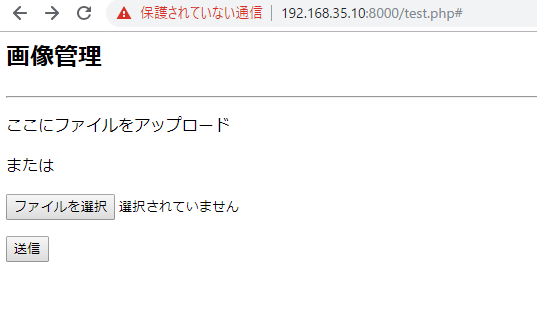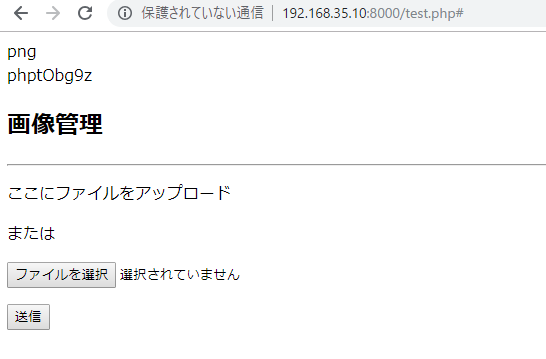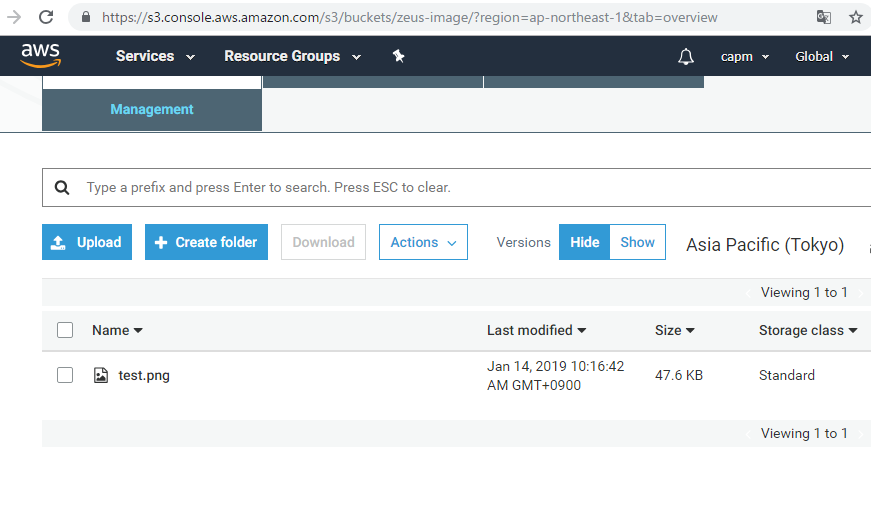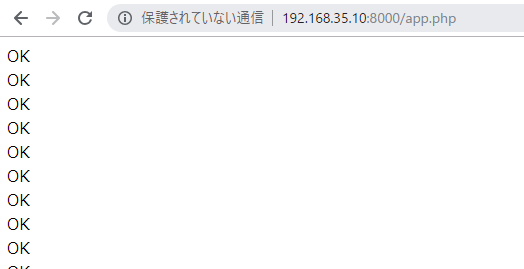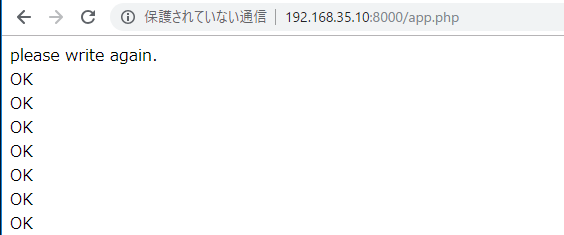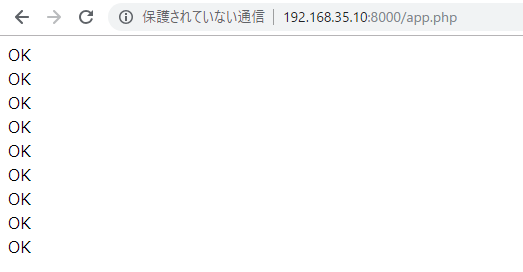I already tried installing PHPUnit, so I will try simple samples.
message.php
class Message
{
private $message;
public function __construct(string $message){
$this->message = $message;
}
public function get(){
return $this->message;
}
}
messageTest.php
require_once ('../vendor/autoload.php');
require_once (dirname(__FILE__) .'../src/message.php');
use PHPUnit\Framework\TestCase;
class MessageTest extends TestCase{
public function testGet(){
$message = new Message('hello, world');
$this->assertEquals('hello, world', $message->get());
}
}
command line
[vagrant@localhost app]$ vendor/bin/phpunit tests
PHP Warning: require_once(../vendor/autoload.php): failed to open stream: No such file or directory in /home/vagrant/local/app/tests/messageTest.php on line 3
PHP Fatal error: require_once(): Failed opening required ‘../vendor/autoload.php’ (include_path=’.:/usr/share/pear:/usr/share/php’) in /home/vagrant/local/app/tests/messageTest.php on line 3
fix
require_once ('./vendor/autoload.php');
require_once ('./src/message.php');
use PHPUnit\Framework\TestCase;
class MessageTest extends TestCase{
public function testGet(){
$message = new Message('hello, world');
$this->assertEquals('hello, world', $message->get());
}
}
[vagrant@localhost app]$ vendor/bin/phpunit tests
PHPUnit 7.1.4 by Sebastian Bergmann and contributors.
. 1 / 1 (100%)
Time: 35 ms, Memory: 4.00MB
OK (1 test, 1 assertion)
ohhhhhhhhhhhhhhhhhhhhhhhhhhhhhhh^^


